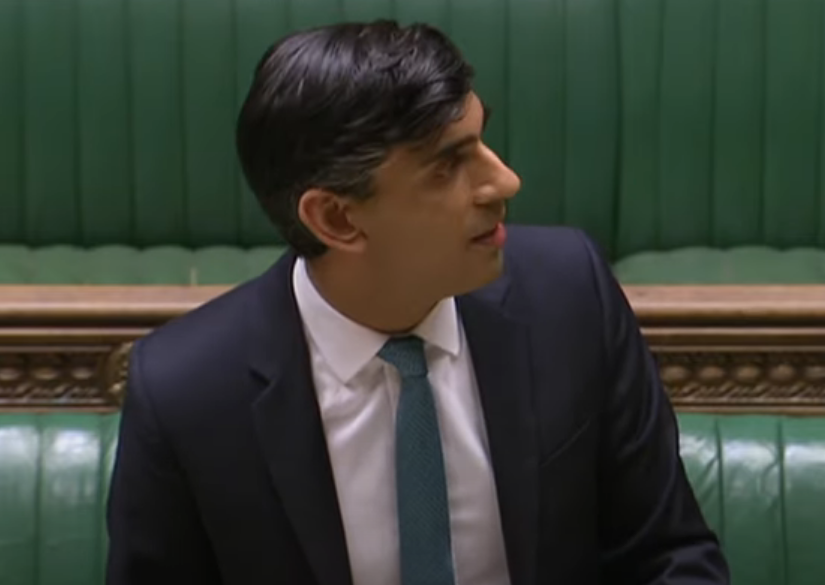25 November 2020 | UK NEWS
The Chancellor of the Exchequer, Rishi Sunak, has announced his review of spending today in front of MPs in the House of Commons.
The review was heavily impacted by the ongoing coronavirus pandemic and focused on mitigating the impact of the economic issues resulting from the pandemic.
One of the stand-out policy announcements made by the Chancellor was that he would be introducing a pay freeze on public sector workers. It is estimated that 1.3 million workers will have their pay frozen, although most NHS workers and as well as other public sector workers earning under £24,000 will still receive their pay increases.
Anneliese Dodds, the Labour Shadow Chancellor of the Exchequer, responded to the pay freeze by saying: “Earlier this year the Chancellor stood on his doorstep and clapped for key workers. Today, his government institutes a pay freeze for many of them. This takes a sledgehammer to consumer confidence.”
But the Chancellor said that he “cannot justify a significant across the board pay increase across the sector – instead, we are targeting support”.
Another noticeable policy was the temporary reduction in the foreign aid budget. Currently, the UK spends 0.7% of GDP on foreign aid. This will be cut to 0.5% until it is financially prudent to return to the 0.7% level.
The announcement of the foreign aid cut led junior minster Baroness Sugg to quit her position. She called the decision “fundamentally wrong” at a time of “unprecedented” global crisis.
The money retained by the cut in foreign aid will go instead to a £4 billion levelling-up fund for the North.
This led Mansfield MP Ben Bradley to write on Twitter: “£4bn Foreign Aid becomes £4bn ‘Levelling-Up Fund’ to support areas of the UK that are most in need of investment.
“Should be warmly welcomed. I have no doubt it will be by the vast majority in Mansfield. These are challenging times and we have a duty to help these communities.”
Other announcements included the fact that the Government would be spending £280 billion to get the country through the pandemic, expecting to borrow £394bn this year. This will be the highest borrowing “in our peacetime history” since the Second World War.
The bad news emerging from the review was that the economy is likely to be 3% smaller in 2025 than it is now. Mr Sunak said: “Even with growth returning, our economic output is not expected to return to pre-crisis levels until the fourth quarter of 2022. And the economic damage is likely to be lasting.”
























